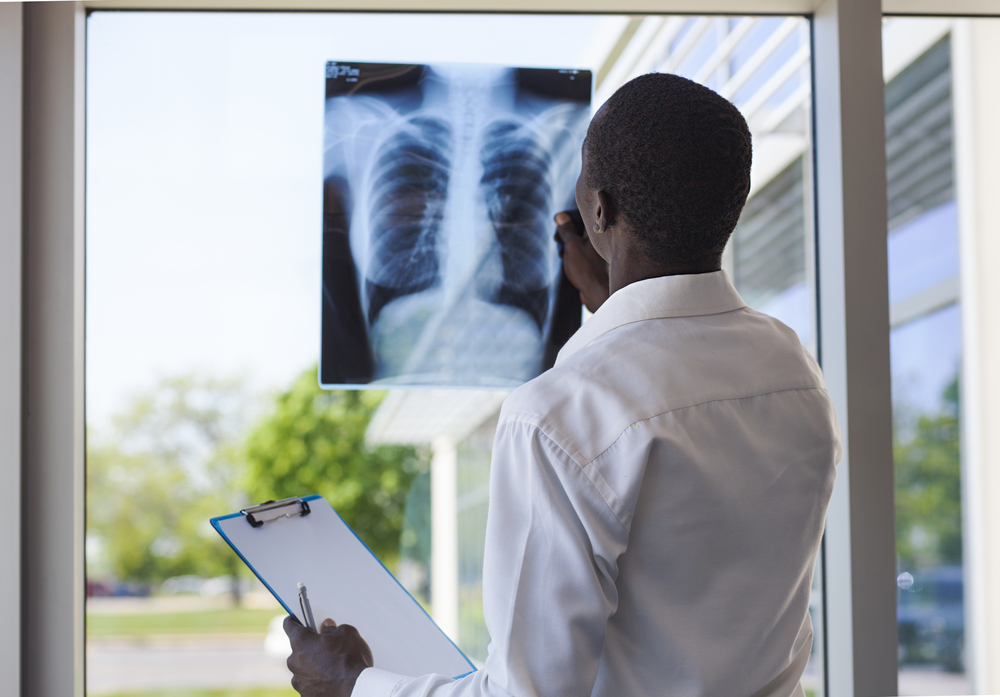The UT Southwestern Medical Center in Dallas, TX recently announced it performed its 500th lung transplant to save the life of Christopher Bryant Vera, a patient suffering with cystic fibrosis. UT Southwestern is one of a small group of hospitals that has achieved this milestone in lung transplantation.
“It was a great gift from the donor’s family and I’m going to do my best to make my life worthwhile,” affirmed Mr. Vera, 25, of Arlington. Dr. Fernando Torres, Associate Professor of Internal Medicine and Medical Director of Lung Transplantation, emphasized, however, that every transplant is a great accomplishment.
“Having performed 500 lung transplants is an important milestone because it indicates a level of care that is a little different from institutions that don’t do many transplants. Large-volume centers tend to have better outcomes for patients,” explained Dr. Torres who is also the head of the UT Southwestern’s Pulmonary Hypertension Program.
More than 60 lung transplants were in each of the last three years at UT Southwestern.
“It reflects our durability, and demonstrates that we have clinical excellence − that our referring doctors and patients trust us,” said Dr. Michael Wait from the William P. Clements Jr. University Hospital.
Both Wait and Torres expect the Lung Transplant Program to keep growing and they plan to expand and find new technologies and techniques to improve the field and patients’ care.
In an effort to expand the center’s lung transplant capabilities, UT Southwestern also recently acquired the new “ex vivo perfusion” technology to asses the viability of lung donors. “We are the only lung-transplant center in the state using this technology to test organs that otherwise could not be used for transplant,” Dr. Torres added.
The success of a lung-transplant program such as UT Southwestern’s is reflected on a daily basis through patients like Mr. Vera, who was diagnosed with cystic fibrosis when he was 5 years old. CF is an inherited disease that results from mutations in the CFTR gene, causing a build-up of mucus in the small airways of the lungs.
The disease led him to being rejected by the Marines, and he fell into depression for a while as a result. He worked at an oil field trucking company, but his health problems got worse and he ended up needing a lung transplant in 2013.
A few weeks after receiving a new pair of lungs, Mr. Vera expressed how wonderful it was not to need oxygen: “These lungs are great!”

